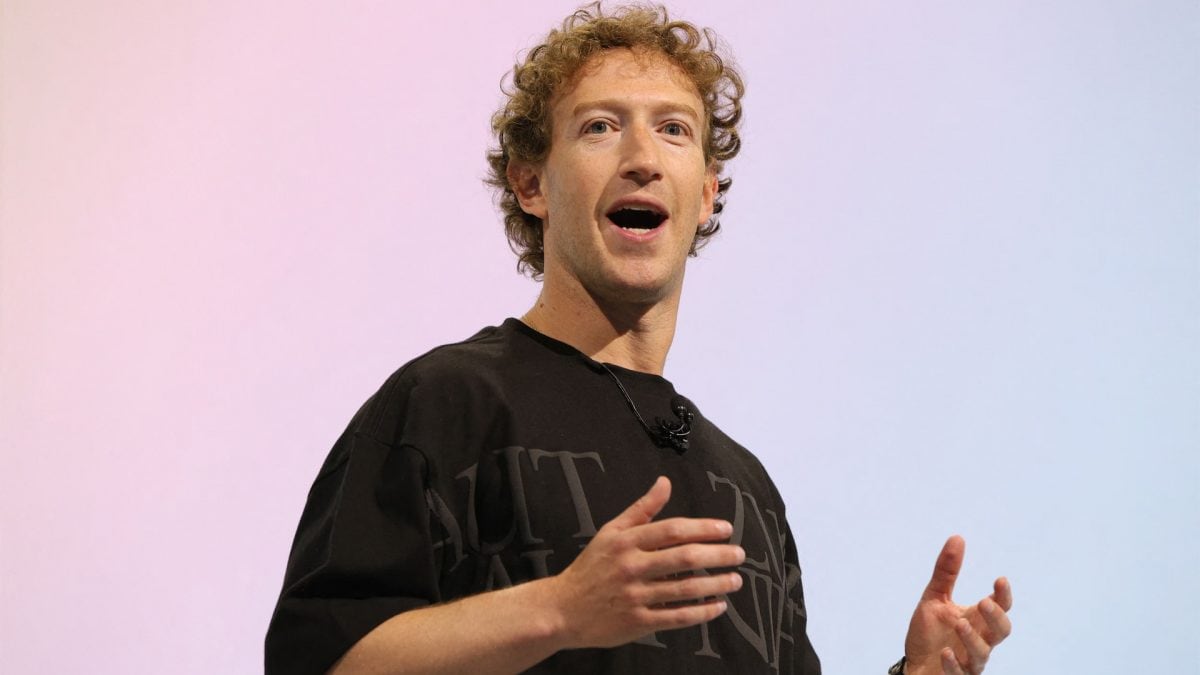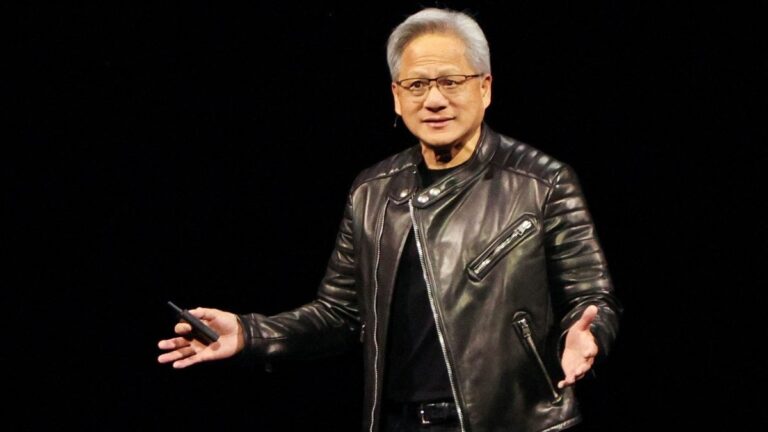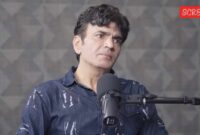Tensions between the two companies have simmered publicly for months. OpenAI’s CEO Sam Altman previously claimed that Meta was offering “100 million signing bonuses” to tempt his employees away
read more
Mark Zuckerberg-led Meta’s campaign to lure away some of OpenAI’s top researchers appears to be continuing at pace, with several high-profile names reportedly switching sides in what has become one of Silicon Valley’s most intense rivalries.
After the Wall Street Journal reported that
three researchers
had left OpenAI for Meta earlier this week, TechCrunch confirmed that Trapit Bansal, an influential figure in OpenAI’s research ranks, had also joined the company.
Now,
The Information has named four more hires from OpenAI: Shengjia Zhao, Jiahui Yu, Shuchao Bi and Hongyu Ren.
The new appointments follow Meta’s launch of its Llama 4 AI models in April. The models were met with a mixed response, with some reports suggesting they had not met the expectations of CEO Mark Zuckerberg. The company was also criticised over how it used an earlier version of Llama in a benchmark widely cited in AI performance comparisons.
OpenAI, Meta tensions continue
Tensions between the two companies have simmered publicly for months. OpenAI’s CEO Sam Altman previously claimed that Meta was offering “100 million signing bonuses” to tempt his employees away, though he added that “so far, none of our best people” had accepted.
Meta’s chief technology officer Andrew Bosworth later addressed the remarks in an internal note, telling staff that while such figures may have been discussed at senior levels, “the actual terms of the offer” were more complex.
The race to secure top-tier talent has become increasingly fierce, as tech giants seek an edge in developing powerful foundation models and generative AI systems.
Meta’s latest recruitment wave suggests that, while some key OpenAI figures have resisted its advances, the company is steadily building its own cadre of AI researchers in hopes of catching up.























